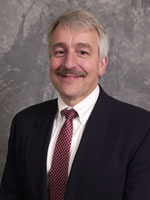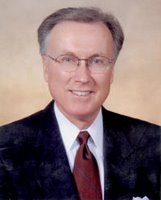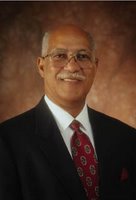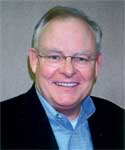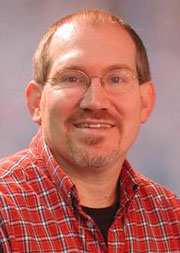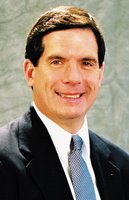"Seven Questions with Guy Muse"
 1. What were some of the key issues that lead you to serve with the International Mission Board?
1. What were some of the key issues that lead you to serve with the International Mission Board? My parents, Jim and Pat Muse were missionaries serving with the Foreign Mission Board of the SBC. Growing up overseas as an MK (missionary kid) I always had a great admiration and respect for my missionary “aunts and uncles.” When it became clear to us that the Lord was calling us to serve Him overseas, there was never a question that the IMB was the way to go. I feel our Board is on the “cutting edge” of missions and has an excellent grasp on the issues surrounding the bringing in of the worldwide harvest being prepared by God’s Spirit.
2. What is your greatest passion?
To see the the fulfillment of the Great Commission in my lifetime. I believe it can be done. I believe it is the Lord’s will. I believe God has already provided every single resource and provision to make this a reality. We need to get our act together and join Him in what He is clearly doing amongst the nations.
3. What is one barrier that you are experiencing in your ministry at this time?
Without a doubt it is the disunity within the Body of Christ. There are many competing agendas and we seem to be divided on every front: theologically, strategically, in priorities, missiologically, denominationally, in our church traditions/practices, even in what we think the major task is for the church.
4. What is one thing you would want every Southern Baptist to know about your ministry?
There are several things that come to mind. Here are a few of them:
• How important your specific, focused praying for us is. Only eternity will reveal to us all the role prayer has had in everything God is doing in our midst. Join our prayer team by sending a blank email to muse-prayerlist-subscribe@yahoogroups.com
• How grateful we are for the support of Southern Baptists, both in prayer, interest, and in faithful giving, that make it possible for us to be here. The Cooperative Program and the Lottie Moon Christmas Offering are two channels of financing world missions that have impacted literally hundreds of thousands of lives for the Kingdom.
• That churches planted overseas don’t look or feel like churches most of us are accustomed to. They are much closer to the first-century churches that met in homes with lay leadership under the Lordship of Jesus.
5. What has been the biggest culture change that you have experienced since leaving the States?
Having spent most of my life overseas, for me the biggest culture changes are when we go back to the States for visits. The materialism of Stateside Christians, the way churches spend so much on themselves is truly amazing.
6. There has been a lot of blogging about pressure from the IMB towards missionaries to produce converts.
Do you feel pressure from the IMB? What type of ministries are you doing to reach people and start churches? I recently blogged on this very question of pressure from the IMB and can be read in its entirety at Should Missionaries feel Pressure. In short, yes I do feel pressure to “produce converts” but that pressure is not coming from the IMB or our local leadership; rather, it is coming from an inner sense that we have an open window in time to bring in the harvest. As stated above in #3, we are bogged down and not bringing in the harvest as fast or as effectively as I feel we should be doing, given the resources and personnel the Lord has amply provided. What are we doing to reach people and start churches? We understand our task as one of mobilizing the existing church into the harvest fields. We believe that every believer is full participant in the Great Commission. Our job is to train believers to go out and win their family/friends, baptize them, disciple the new believers in newly planted local house churches.
7. What are two or three things that you hope to accomplish in the next year and are there some prayer needs that we could begin lifting up in prayer?
We feel the Lord has given us the vision of seeing 500,000 new disciples of Christ meeting in thousands of newly planted house churches in the coming five years. Everything we do is focused on this vision and passion. We would appreciate your prayers for the Lord to mobilize (call out) his church to be active participants in this great harvest.
Guy Muse is a Southern Baptist Missionary working through the International Mission Board in Guayaquil, Ecuador. For more information about Guy or to keep tract of thier ministry, visit his blog at The M Blog.


